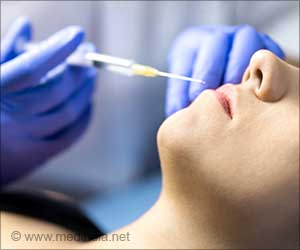Bone health in women is ever-changing and is affected by life events like pregnancy, lactation, and menopause.
- The human body is not static. It keeps altering with changes in life events
- Calcium, magnesium, and phosphorus levels were lower in the bones of females who had been pregnant, revealed an animal study
“Our findings provide additional evidence of the profound impact that reproduction has on the female organism, further demonstrating that the skeleton is not a static organ, but a dynamic one that changes with life events,” said lead author and New York University doctoral student, Paola Cerrito.
According to the National Primate Research Centers, the study examined the bones of rhesus macaques, also known as rhesus monkeys, who have 93% of our genes. They have been used in studies that have opened the way for numerous medical innovations, including medicines for HIV/AIDS, and they are also used in studies of Alzheimer's disease.
Bone health, which is correlated with calcium and phosphorus levels, is known to be impacted by menopause for a long time. This most recent study does not address the impact of pregnancy and lactation on bone health, but it does highlight how the condition of bones is always changing because of life experiences.
“Our research shows that even before the cessation of fertility the skeleton responds dynamically to changes in reproductive status,” Cerrito said. “Moreover, these findings reaffirm the significant impact giving birth has on a female organism- quite simply, evidence of reproduction is ‘written in the bones’ for life.”
Source-Medindia















